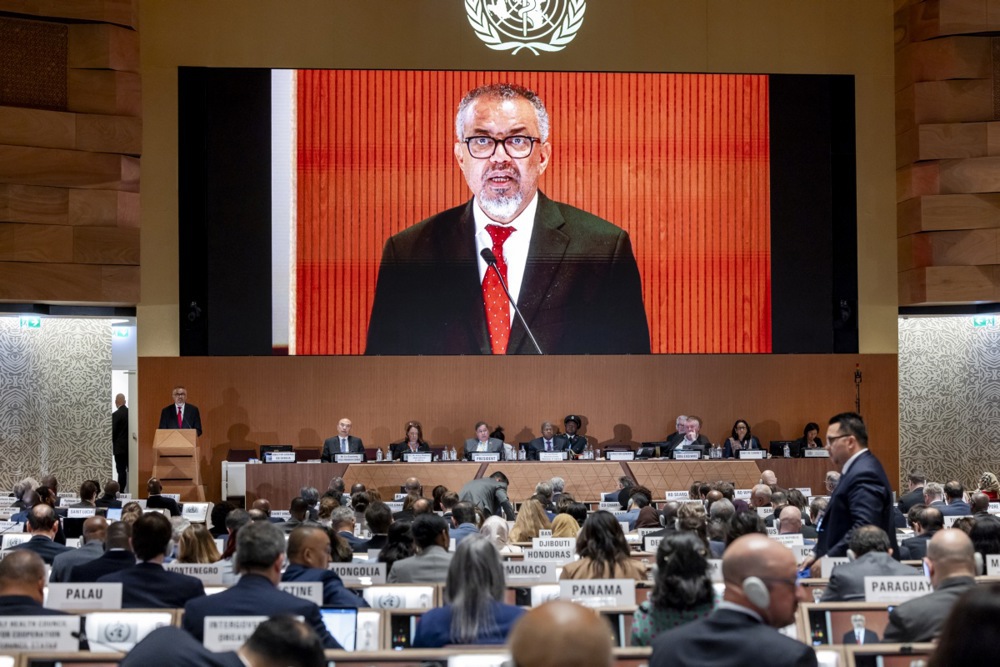European regulators are facing criticism for sidelining concerns about censorship and free speech in their ongoing review of the Digital Services Act (DSA).
Rather than turn down censorship, critics claim they are pushing platforms towards more intervention regarding speech deemed problematic.
In a report by the European Commission and the Board of the Digital Services Co-ordinators, published yesterday, it is repeatedly stressed that the DSA’s risk-assessment framework is meant to protect fundamental rights.
While the European Union insists on neutrality, the report shows that Very Large Online Platforms (VLOPs) and Very Large Online Search Engines (VLOSEs) are expected to mitigate so-called disinformation, hate speech, harassment, gender-based violence online, threats to election integrity, misinformation about public health, risks to minors and algorithmic amplification of harmful content.
Vienna-based ADF International, a civil rights organisation and advocacy group, said the EC has ignored substantive free speech concerns from around the world.
A large number of academics, politicians and journalists are urging the European Commission to better protect free speech and change course with the Digital Services Act. https://t.co/rL4Q6abrnJ
— Brussels Signal (@brusselssignal) October 10, 2025
It pointed to an open letter, launched in October, where a large number of academics, politicians and journalists urged the EC to better protect free speech and change course.
In the letter, the experts warned of a shrinking of civic space, where people are confronted with an increasing amount of censorship or punitive measures for speech that challenges prevailing orthodoxy.
ADF International noted that in September, more than 50 European NGOs stressed that the broad terms of “systemic risks”, “disinformation” and “illegal content”, coupled with the activist role of “trusted flaggers”, might violate freedom of expression and information under Article 11 of the EU Charter of Fundamental Rights.
It said the DSA is not “content agnostic” as the EC claims and ignores “concerns around censorship-by-proxy, overreach, or the DSA’s extraterritorial effects”.
“Nor does it assess the DSA under the EU Charter’s free speech protections, as requested by experts and NGOs,” ADF International said.
“More alarmingly, the Commission further signals its intention to deepen and tighten DSA-related co-ordination, calling for stronger inter-authority co-operation, joint guidance and even potential ‘one-stop-shop’ mechanisms across the EU, a development that risks amplifying existing free-speech concerns rather than addressing them,” it said.
Adina Portaru, senior counsel, Europe for ADF International, said: “It is alarming that the European Commission has disregarded well-founded censorship concerns and overreach, expressed by international free speech experts, big tech, and concerned governments alike in its review of the DSA.
“The Commission has indicated that they will address free speech in future reviews [in 2027]; however, the threat of censorship should not be taken lightly and addressing its effects cannot be delayed.
“The DSA could install a global censorship regime and is the greatest threat to online freedom of expression in the western world today.
“We will continue to advocate for the protection of free speech in light of the DSA’s censorial threat in order to keep the digital public square free,” Portaru said.
She noted that the DSA enforcement actions “are based not on agnostic principles but on contested normative determinations about which speech categories create systemic risks.





